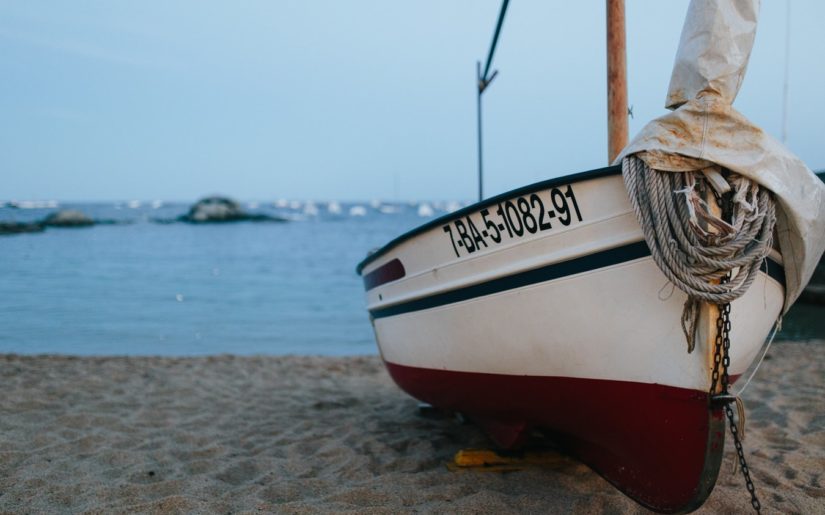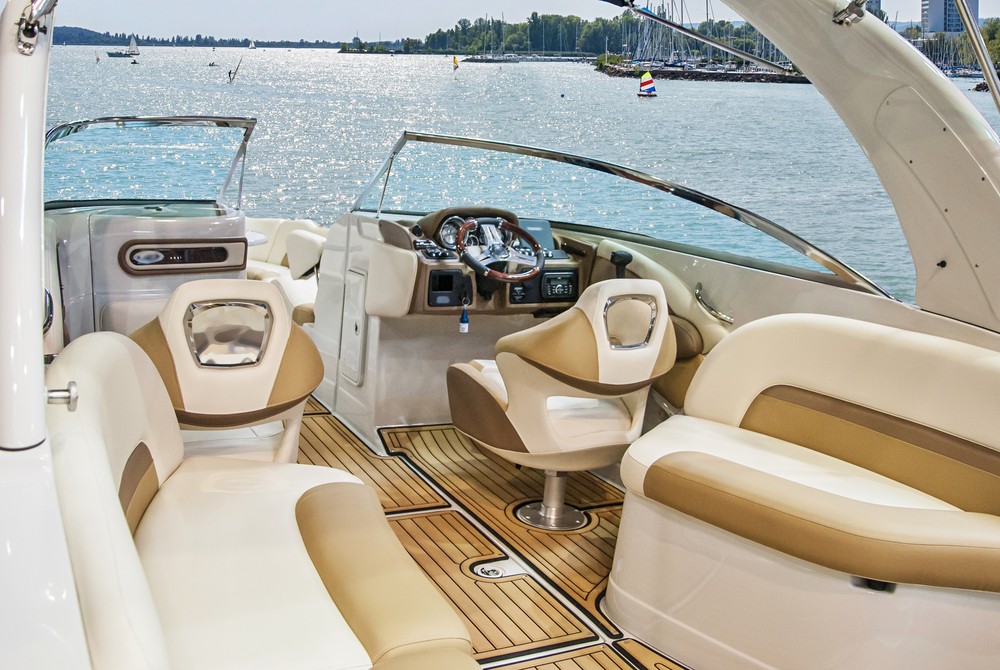So, you’ve caught the boating bug, huh? The open water is calling, and you’re on the hunt for the perfect vessel. But buying a used boat can be a tricky business, especially if you’re a first-timer. You want to make sure you’re not paying a dime more than you should. Here are eight top tips for navigating this nautical minefield and ensuring you secure the best possible deal.
1. Know What You’re Looking For
Before you dive in, it’s essential to have a clear idea of what you want. Do you need a family-friendly cruiser or a high-powered speedboat for water sports? Consider size, style, age, and potential usage. This clarity will help you negotiate with confidence.
![]()
2. Do Your Homework
Research, research, research. Find out the market value for the boat you’re eyeing. Visit multiple dealerships, check out online listings, and consult boat value by hin resources. Knowledge is power when it comes to price negotiation.
3. Inspect the Boat Thoroughly
When you’ve found a potential boat, inspect it meticulously. Check for signs of neglect, damages, and wear and tear. A boat history report is an invaluable tool to uncover any hidden problems and validate information provided by the seller.

4. Enlist a Professional
Hiring a marine surveyor might seem like an unnecessary expense, but it could save you money in the long run. They’ll conduct a thorough inspection and provide an impartial opinion on the boat’s condition and worth.
5. Consider the Extras
Does the boat come with any additional equipment or accessories? Items like life jackets, marine electronics, or a trailer can add value to your purchase. Be sure to factor these into your negotiations.

6. Be Ready to Walk Away
Don’t let your emotions take control. If the seller won’t budge on price or if something doesn’t feel right, be prepared to walk away. There are plenty of boats out there.
7. Seal the Deal
Once you’ve agreed on a price, get everything in writing. Make sure you understand what’s included in the sale, and don’t forget to check the boat’s documentation and ownership history.

8. Care for Your Investment
Once you’ve purchased your boat, maintaining it is crucial to ensure its value doesn’t depreciate rapidly. Regular maintenance and care can prevent costly repairs down the line. Learn about 8 tips to save money on car maintenance with DIY repairs – many of these can be applied to boats too.
Buying a used boat is a significant investment, and you want to ensure that you get the best bang for your buck. Use these tips, do your due diligence, and you’ll sail away with a great deal. And remember, the open sea is a much sweeter place when you know you’ve got a bargain docked in the marina!
Before you head off into the sunset, remember to also check out these top 5 apps every boat builder should have, they can prove to be handy for boat owners too. Happy boating!

The Art of Negotiation
Negotiation is an art, and mastering it can make a world of difference when purchasing a used boat. It’s more than just bartering over the price; it’s about building a relationship with the seller and creating a win-win situation. Remember, the seller is often equally keen to close the deal. Present your case thoughtfully, respecting their position but firmly expressing your interests. Keep the conversation open and amiable, and avoid getting defensive or aggressive. If a deal seems unreachable, don’t despair. A little patience can go a long way, and the right opportunity might just be around the corner.
The Hidden Costs of Boat Ownership
While negotiating a fair price is crucial, it’s equally important to consider the ongoing costs of boat ownership. These can include mooring fees, maintenance, insurance, fuel, and even occasional refurbishing. It’s worth noting that these costs can often add up to more than the purchase price over time, especially for larger boats. When budgeting for your boat, be sure to take these hidden costs into account. Not only will this prevent unpleasant surprises, but it will also help you negotiate a fair price that reflects the real cost of owning and maintaining the vessel.
The Joy of Sailing
At the end of the day, owning a boat is about the joy and freedom of sailing. Whether you’re cruising calm waters on a sunny afternoon, taking the family on a fishing trip, or experiencing the thrill of high-speed water sports, boating offers a unique blend of excitement, relaxation, and connection with nature. Remember this while you’re wrapped up in negotiations and inspections. Stay focused on the end goal: a boat that meets your needs, fits your budget, and brings you endless hours of enjoyment.

